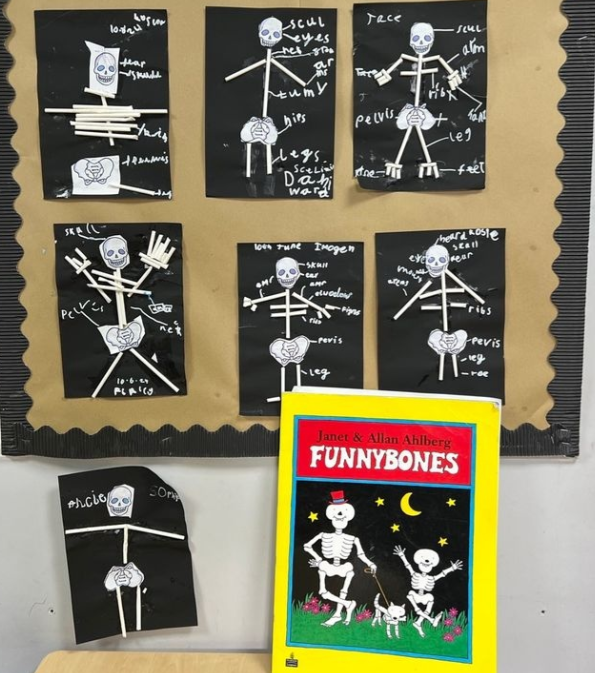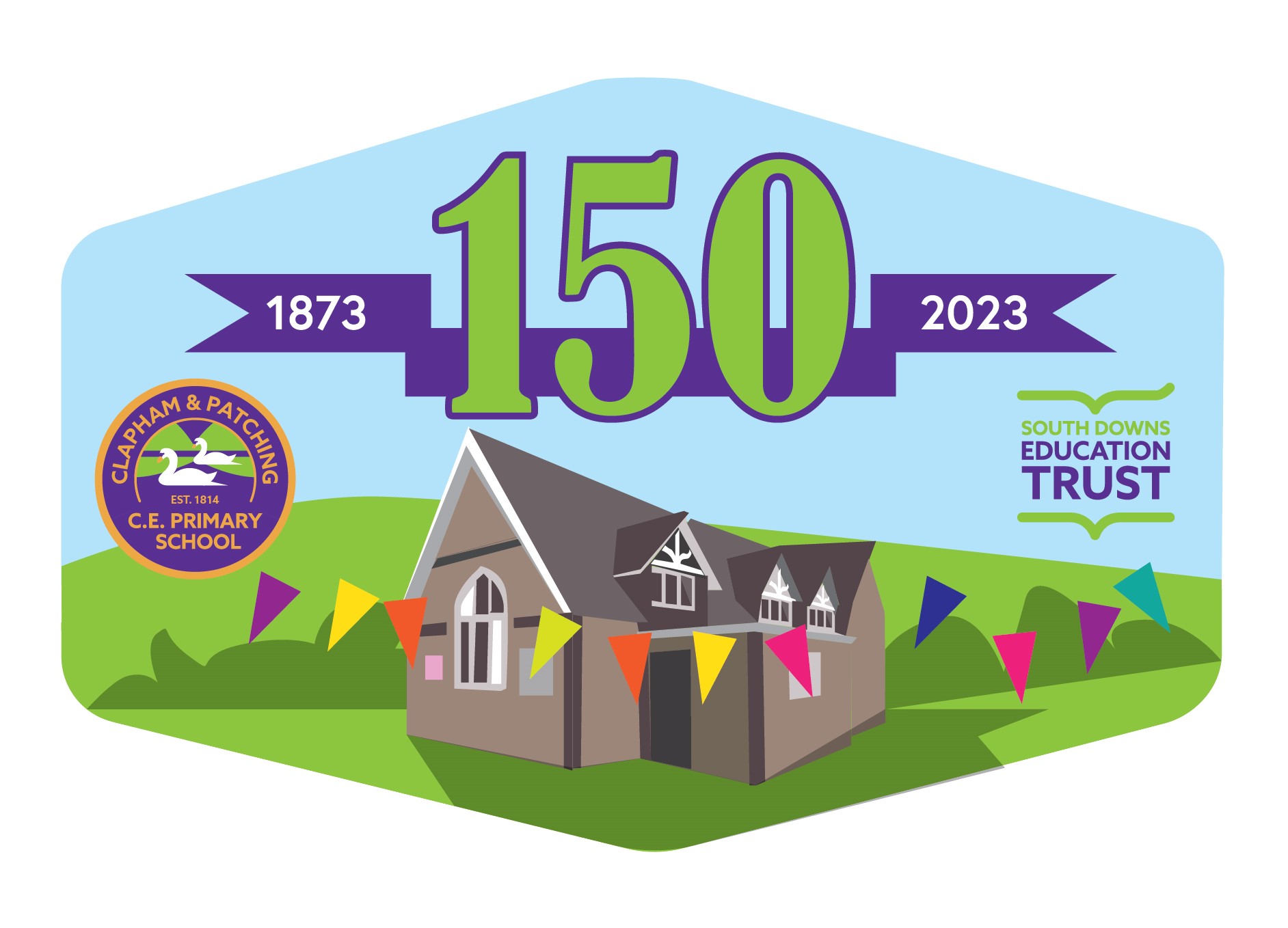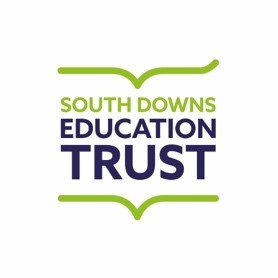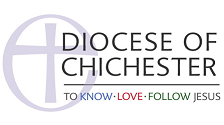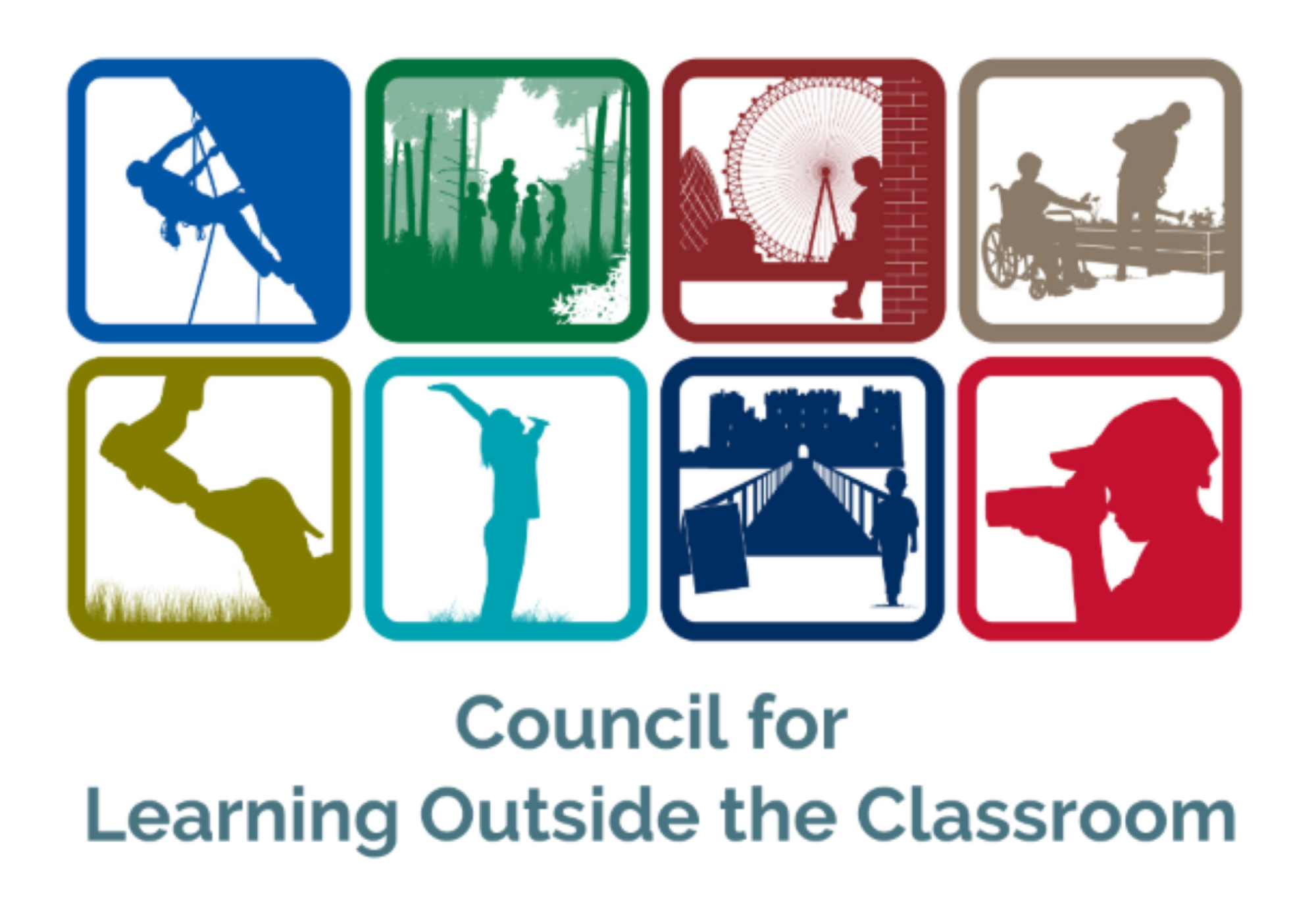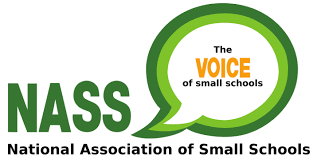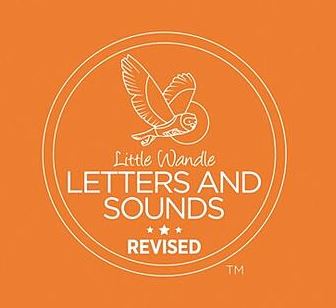Curriculum
We have recently created a bespoke new curriculum for our school to inspire children's curiosity and build and revisit key skills and knowledge each year.
As a Church School we approach all that we do through our Christian vision and values which are rooted in theology and embedded throughout our curriculum.
The Intent of our Curriculum comes from our 'Curriculum Drivers’ which are:
- Locality - the children will develop a sense of belonging and understanding of their historical and geographical location in , Britain and the wider world.
- Spirituality - linked to our Christian Vision and rooted in theology. Teachers will nurture the ‘whole child’ through developing their social, moral, cultural and spiritual well-being enabling
- Disciplinary Knowledge – to prepare our children to be lifelong learners we place great emphasis on children being given opportunities to acquire and improve key skills with a focus on speaking and listening, independence, problem solving and reasoning.
- Substantive Knowledge – a focus on basic number, reading and writing skills which are at the heart of all we do and embedded throughout a wide range of topics and curriculum areas.
- Experiences – the children will participate in a rich variety of first hand experiences which will bring their learning to life and enhance all that they do. We believe the curriculum should be 'real' and 'relevant'.
Our curriculum promotes curiosity and a love and thirst for learning. It is ambitious and empowers our children to become independent and resilient. We want them to have no limits to what their ambitions are and want them to embody our core values. We all believe that we can ‘learn, love and flourish with God’.
We encourage our children to celebrate success and build on disappointment in order to develop resilience. We want to equip them with not only the minimum statutory requirements of the National Curriculum but to prepare them for the opportunities, responsibilities and experiences of later life. We have a strong SMSC curriculum, with British Values and our school vision placed at the heart of everything we do. We enrich their time in our school with memorable and unforgettable experiences.
Curriculum Implementation:
We believe that people learn best in different ways. At our school we provide a varied learning environment that has breadth and balance and allows individual children to develop their skills and abilities and reach their full potential. Our children come from a variety of backgrounds and life experiences.
Through our broad and balanced flexi curriculum we aim to: enable children to become confident, resourceful, enquiring and independent learners; foster children’s self-esteem and help them build positive relationships with others; develop children’s self-respect and encourage children to respect the ideas, attitudes, values and feelings of others; show respect for all cultures and, in so doing, to promote positive attitudes towards other people; enable children to understand their community and help them feel valued as part of this community; help children grow into reliable, independent and positive citizens in modern Britain; enable all children to meet their full potential and be the best they can be.
Our Curriculum is implemented with our Curriculum Intent at the heart of all we do at Clapham and Patching CofE Primary School.
Curriculum maps are produced for each class ensuring clarity of coverage with a strong emphasis on progression of knowledge and skills. Carefully selected enrichment opportunities are key to providing all pupils rich experiences to enhance their learning. Developing an understanding of the fundamental British values infiltrates aspects of the curriculum and assembly themes.
Our curriculum design is based on evidence from principles of learning, on-going assessment and organisation and cognitive research (EEF research, Cognitive Science, Psychological Science)
These main principles underpin this:
- Emphasis the social aspects of learning (i.e. learning through discussion) as these make a unique contribution to learning (EEF research Collaborative Learning).
- Start from a learner’s existing understanding. This is particularly important with our flexi-students- drawing on previous learning experiences, communication with parents and awareness of home learning experiences
- Involve the learner actively in the learning process.
- Develop the learner’s overview, i.e. metacognition – this requires that students have a view of purpose, have an understanding of the criteria of quality of achievement, and self-assess (EEF Metacognition and Self-regulation of learning).
Curriculum organisation and timetabling enable learners opportunities for constant recapping of knowledge and skills with well-spaced reviews (interleaving and addressing the forgetting curve).
Teachers work with the children to shape the learning that takes place. This allows for learning to be adapted or changed according to the needs and interests of the group. Teachers ensure cohesive links are made within each theme between different subjects. These cohesive links help pupils to understand and make sense of their learning and they enable the learning to be more meaningful, purposeful and 'sticky'.
We pride ourselves on being flexible as possible, engaging and responding to children's interests as much as possible.
Our curriculum consists of EYFS and Key Stage 1: 3 year cycle, years 3 and 4: 2 year cycle, and years 5 and 6: 2 year cycle.
Our Curriculum Impact:
We use formative and/or summative assessment information every day, in every lesson. Staff use this information to inform their short-term planning and short-term interventions – including in the foundation subjects. This helps us provide the best possible support for all of our pupils, including the moreable.
Our staff use an online assessment tool to assess children's attainment against age-related expectations
Assessment information is analysed by the Headteacher as part of pupil progress meetings as part of our monitoring cycle and outcomes from this discussion is used to inform future planning
We set out our monitoring cycle at the beginning of each academic year. This identifies when monitoring for all year groups is undertaken in all subject areas. Monitoring includes: book scrutiny, lesson observations and/or learning walks, pupil/parent and/or staff voice. The governors also will have their own monitoring to enable them to report back at Full Governing Body meetings.
Please do not hesitate to contact us if you require further information by email: office@claphamandpatching.co.uk or by telephone: 01903 871214.
